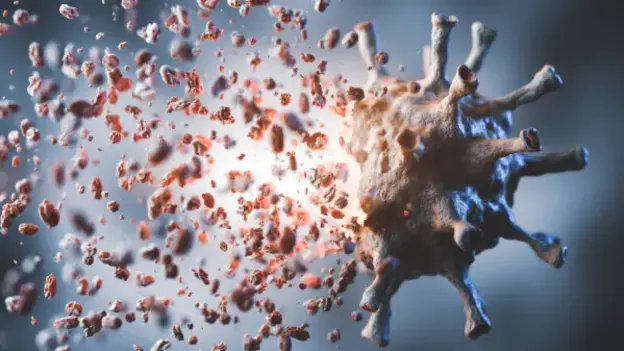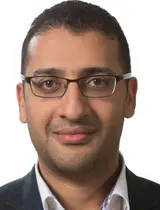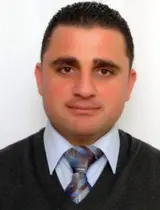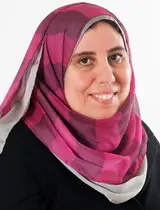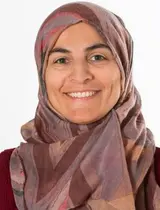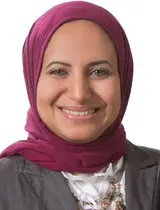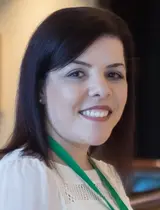Working Group Project
Towards Effective Solutions for Combatting COVID-19
Laboratory Study
Owing to the severity of the corona virus pandemic, there is an urgent need to explore novel treatment alternatives. There have been more than 300 clinical trials going on with various antiviral agents being used for the evaluation on COVID-19. Despite the urgent need to find an effective antiviral treatment for COVID-19 through randomized controlled studies, certain agents are being used all over the world based on either in vitro or extrapolated evidence or observational studies.
Until current date, all the research is focused on drugs, without any research focusing on new treatment alternatives. Moreover, evidence has shown the important role of adequate hygiene and disinfection measures in limiting the spread of COVID-19, as the virus can spread not only via aerosol droplets, but also by touching contaminated hands and inanimate surfaces. Unfortunately, this has led to a significant increase in price of these sanitizers and disinfectants and shortages in their supply, with the emergence of low quality products that do more harm than good, not to mention their environmental impact. Thus, there is an unmet need to develop effective yet affordable environmentally friendly sanitizers/disinfectants to curb the spread of COVID-19. Therefore, a specific aim of the project was to test the antiviral activity of different kinds of samples and sanitizers.
Various AGYA members and alumnae/i from different countries and disciplines joined forces to realize this project within an interdisciplinary approach. The tested samples have been prepared in advance by the other AGYA members and alumni in their home institutions and send for their analysis to Pasteur Institute of Tunis.
Tunisia – Pasteur Institute of Tunis (Microbiology)
The antiviral assays have been conducted under the supervision of AGYA member Olfa Messaoud and her colleagues led by Dr. Mohamed Fethi Diouani, who is responsible of the Veterinary and Nanotechnology team from the laboratory of Epidemiology and Veterinary Microbiology under the head of Prof. Dr. Abdejelil Ghram at Pasteur Institute of Tunis. The tested samples have been prepared in advance by other AGYA members and alumnae/i in their home institutions.
Egypt – EJUST (Nanotechnology) & Ain Shams University (Nanotechnology and Pharmacy)
Ahmed Khalil, Maha Nasr, and Samar Saad Eldeen Azab provided drug samples, drug loaded nanoparticles, and biomaterials.
Palestine – Al-Quds University (Pharmacology)
Ahmad Amro prepared samples of natural product extracts.
Jordan – Al-Zaytoonah University (Pharmacology)
Suhair Sunoqrot developed environmentally friendly antiviral sanitizers/disinfectants based on bioactive natural products.
Germany – Charité - Universitätsmedizin Berlin (Health Sciences)
In a next step Mohamed Abou El-Enein followed up on the in vitro results from Tunis so that possible patenting and contacting interested pharmaceutical companies can be done with the relevant nanoparticle products and sanitizers/disinfectants. Moreover, his research team studied the long-term SARS-CoV-2 immunity by analysing the formation of specific T- and B-memory cells. The team published an article in the highly prestigious journal “Allergy” focussing on lifelong persisting B-memory cells. Evaluating the long-term immunity in a cohort of convalescent COVID-19 patients, they demonstrated the presence of SARS-COV-2 specific B-memory cells in individuals both early as well as over 6 months after infection. Thus, the study performed on a central-European cohort is in line with the data on published US-American and Australian cohorts and accordingly, confirms and extends the knowledge on the B cell response against SARS-CoV-2. Demonstrating the persistence of SARS-CoV-2-specific B cell response, the results point towards an additional hallmark of immunisation beyond specific serum antibodies.
One of the main AGYA targeted research activities is to promote health, and to provide solutions for health problems not just in the Arab world and Germany, but also worldwide. This newly installed collaboration channel between Tunisia, Egypt, Palestine, Jordan, and Germany will focus on aspects that are endorsed by the Working Group “Health and Society” on the long-term, since one of the main aims of this group is to explore health challenges. With this project, another perspective will be added to the working group, which is providing actual and innovative solutions for health challenges, not just in the Arab countries and Germany, but also on a global level.
The patenting of the successful formulations would be possible in the light of the antiviral results at a later stage, in order to commercialize the resulting promising product. The project will be extended in 2021 and involve also AGYA members in social, nutritional, and sport sciences to investigate to long term effects of the pandemic.
Find more information about the continuation of the project here.
- Disciplines Involved
- Medical and Health Sciences, Molecular Biology, Nanotechnology, Pharmaceutical Sciences
- Cooperation Partners
- Institut Pasteur de Tunis, Tunisia
- Egypt Japan University of Science and Technology (EJUST), Egypt
- Ain Shams University, Egypt
- Al-Quds University, Palestine
- Al-Zaytoonah University of Jordan, Jordan
- Charité - Universitätsmedizin Berlin, Germany
- Project Title
- Towards Effective Solutions for Combatting COVID-19: An Interdisciplinary Approach
- Year
- 2020
- Funding Scheme
- Working Group Project
- Working Group
- Health and Society
- Countries Involved
- Tunisia, Egypt, Palestine, Jordan, Germany
- AGYA Publication
- Detection of SARS‐CoV‐2‐specific Memory B Cells to Delineate Long‐term COVID‐19 Immunity
